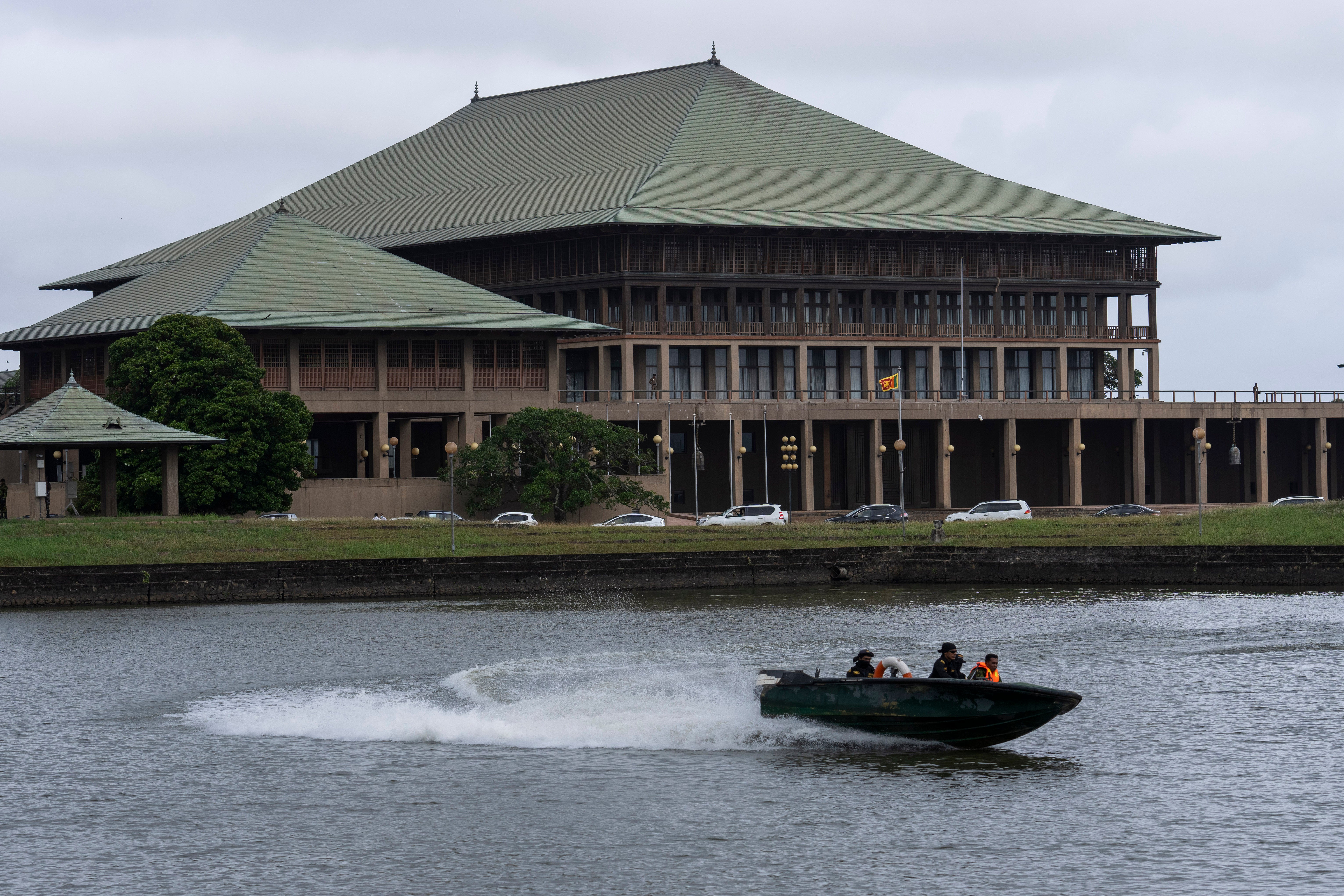Sri Lanka's Parliamant approves budget amid economic crisis
Sri Lanka’s Parliament has approved a budget that includes reforms aimed at improving the country’s finances as it attempts to recover from its worst economic crisis

Sri Lanka's Parliament approved a budget Thursday that includes reforms aimed at improving the country's finances as it attempts to recover from its worst economic crisis.
The 5.82 trillion rupee ($15 billion) budget includes a 43 billion rupee ($117 million) relief package for those affected by the crisis.
The budget provides for a restructuring of state-owned enterprises, reduced subsidies for electricity, and tax increases to boost state revenue based on proposals by the International Monetary Fund under a preliminary $2.9 billion bailout plan.
Unsustainable government debt, a severe balance of payments crisis and the impact of the COVID-19 pandemic led to a shortage of essentials such as fuel, medicine and food, and soaring prices have caused severe hardships for most Sri Lankans. Many have lost their jobs because businesses have become unsustainable.
The government announced in April that it was suspending repayment of nearly $7 billion in foreign debt due this year. It has since entered a preliminary agreement with the IMF, which has agreed to provide $2.9 billion over four years depending on the willingness of Sri Lanka's creditors to restructure their loans.
Sri Lanka's total foreign debt exceeds $51 billion, of which $28 billion has to be repaid by 2027.
The economic meltdown triggered a political crisis in which thousands of protesters stormed the official residence of the president in July, forcing then-President Gotabaya Rajapaksa to flee the country and later resign.
President Ranil Wickremesinghe, who succeeded Rajapaksa, has somewhat reduced the shortages of fuel and cooking gas, but power outages continue, along with shortages of imported medicines.
Bookmark popover
Removed from bookmarks